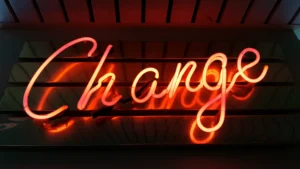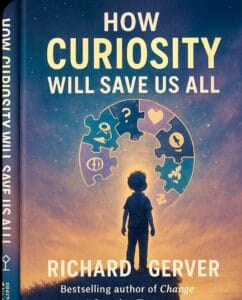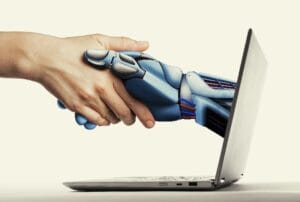In 2013, I published my book Change: Learn to Love it, Learn to Lead it . It is an exploration of change; why we find it so hard and what we can do to be better at it.
What this past year has proved is just how important it is that we find a way to cope. In many ways, the problem starts with our childhood. We are taught to seek out certainty.

At times we appear to live with industrial age mindsets; a pursuit of efficiency over everything. If you look at our education system, for example, most of the policy developments and curriculum refinements are not really about system transformation, but rather how to make the existing system work more efficiently.
To an extent, the business world is struggling with the same thing. We talk about change but end up developing systems and structures to make what we do work better; more efficiently. As a result, change always feels reactive and therefore exhausting; it’s like chasing someone who is always a few metres ahead of you, no matter how fast you run.
Being largely reactive in a never-ending race for greater efficiency, when the world keeps running faster and faster, is simply not sustainable. We need to stop and find time to think; to reflect, to talk and to collaborate.
We need to broaden our experiences and find ways to research. Change can no longer be seen as a ‘programme’ or system, structure or launch. Sustainable change comes from shifting culture and re-calibrating the way we work.
Change can be exciting if it is proactive and you feel in control. And when you feel in control, you are less likely to feel stressed.



